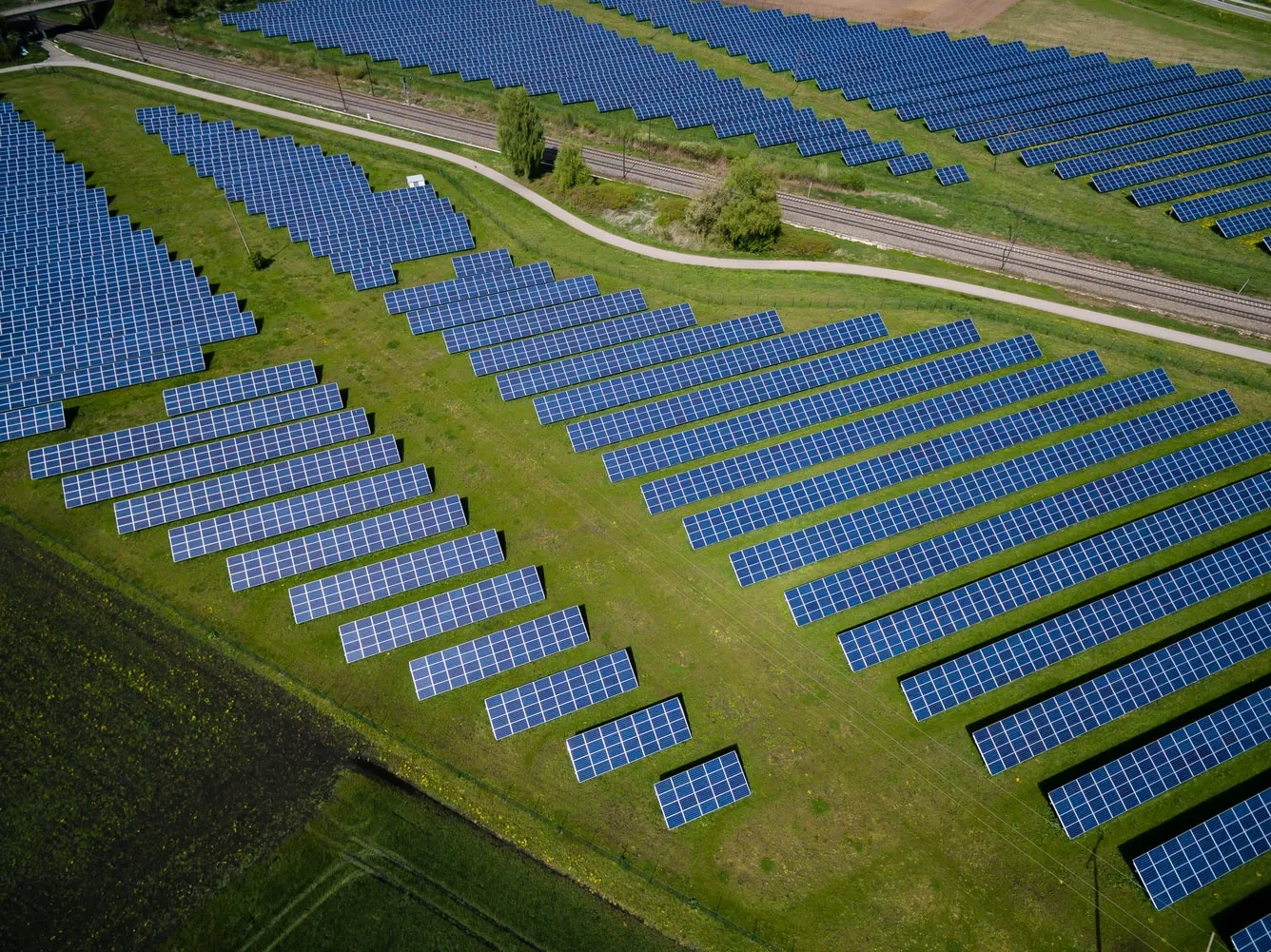At the end of March, Northern Ireland’s Department for the Economy (DfE) published their Energy Strategy consultation. Together with the Economic Vision and Skills Strategy, this consultation forms the approach to future green economic growth in NI. The consultation paper explores a range of potential policy options which are being developed and was published alongside a report on Future Energy Decarbonisation Scenarios for Northern Ireland.
The Department for Agriculture, Environment and Rural Affairs (DAERA) is drafting a Climate Change Bill with statutory emissions reductions targets, consistent with the advice given by the Climate Change Committee (CCC) in December 2020. DfE state the ambition for the Energy Strategy is for NI to contribute its fair share to the UK’s 2050 net-zero emissions target. They propose an overall goal to achieve an 82% reduction in GHG emissions and a net-zero carbon (CO2) energy system by 2050.
The CCC advice highlighted the long-term cost savings that accrue from a clean energy transition which should cancel out the upfront investment costs needed to begin the journey to net-zero. The DfE acknowledges that many of the upfront investments needed will be in the energy sector and they will focus on affordability for all consumers during the transition.
The Energy Strategy consultation is structured around 5 principles: consumers, growth of the green economy, energy efficiency, growth of indigenous renewables replacing fossil fuels, and a flexible, integrated, and digitised energy system.
Under the principle of Energy Efficiency, the potential policies the Department has put forward include an energy savings target, minimum energy efficiency standards for buildings, uplifted building regulations and additional energy efficiency support for consumers. The Department is not proposing an obligation scheme on energy companies but will consider the role of suppliers and distributors when developing future financing options for energy efficiency. The Department is proposing to establish a ‘one stop shop’, similar to the SEAI, to provide information, advice, and support for consumers.
To decarbonise the power system, the Department has set a renewable electricity target of 70% for 2030. This follows the success Northern Ireland has had in incorporating renewable generation onto the grid. In early March, DfE published a report highlighting that NI surpassed their 2020 RES-E target of 40% by 9.2%. To encourage further development in renewables, the Department has proposed to extend the UK’s ‘Contracts for Difference’ scheme to NI along with a plan to bring forward offshore and marine renewables. In the 2020s they suggest focusing on fixed offshore wind and in the 2030s and 2040s they will pursue floating offshore wind.
To phase out fossil fuel heating sources, the Department is suggesting a parallel on and off-gas grid approach. They propose pilot schemes for low carbon technologies, e.g., trials of heat pumps, decarbonised gas and biofuels. In terms of replacing natural gas, which DfE believes does not have a long-term role in a net-zero energy system, they will focus on biomethane injection initially and see hydrogen as having a medium-term role. While the Department believes it is too soon to change the current policy position regarding the future gas network, they propose that the Gas Network Operators provide a credible pathway to Net Zero by 2050.
The Department highlighted the role of the private sector in decarbonising transport and propose to develop an EV infrastructure plan in partnership with key stakeholders.
Each of the decarbonisation scenarios modelled lead to increased demand on the electricity grid and the Department proposes basing the power system around flexibility. DfE acknowledges that conventional power generators will play a role in the transition to net-zero to maintain system stability and security of supply, but fossil fuel power is to be largely phased out over the next 3 decades. One of the aims of the Energy Strategy is to provide clear direction to power station owners for medium- and long-term investment planning. When it comes to ensuring flexible markets and infrastructure, the Department points to SONI’s consultation Shaping Our Electricity Future and the North-South Interconnector as vital components in strengthening the grid. Some other potential solutions to ensure security of supply whilst decarbonising the energy system include supply side flexibility (OCGTs more flexible than CCGTs), storage (batteries and hydrogen), and demand-side flexibility (NIE Networks recently tendered for flexibility services).
The Department is also keen to develop a smart and digitised energy system and cite consumer data (to inform consumption change) and system data (to improve the efficiency of network operation) as being key. DfE will assess how the BEIS Energy Data Taskforce recommendations for an Open Energy Data Platform could be applied in NI. To advance the development of a smart grid DfE will undertake a cost-benefit analysis of smart meters for electricity and gas, carry out a strategic review of whole system costs and benefits of demand-side generation technologies, and develop a policy framework for active consumers and communities. They will also review network charging, should the electricity system become more decentralised, to ensure on-grid customers are not paying disproportionately for consumers who are less reliant on the grid but still require network access for resilience and to sell the energy they generate.
The consultation closes 5pm Wednesday 30th of June with a new Energy Strategy due by November this year. In the meantime, DfE will host workshops around the 5 principals which underpin the Strategy.


